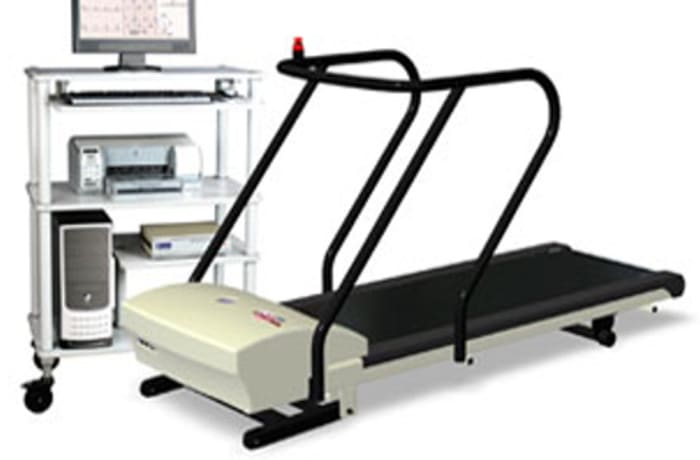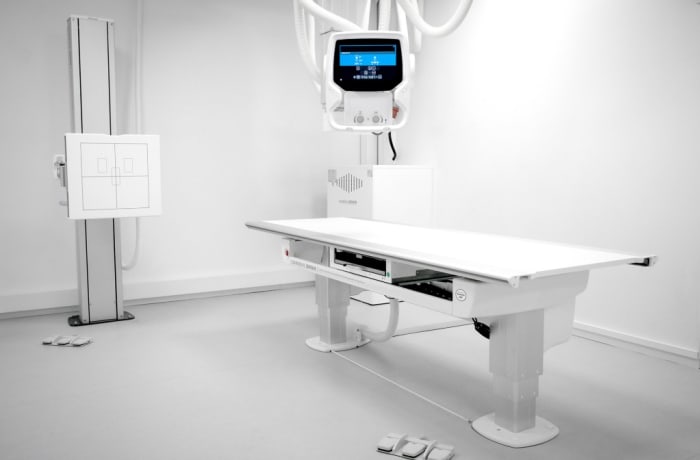
E.C.G Diagnosis and T.M.T Tread Mill Test
Further information
ECG diagnosis, also known as electrocardiography, is a medical test that measures the electrical activity of the heart. It involves placing small electrodes on the chest, arms, and legs to detect the electrical signals produced by the heart as it beats. The test produces a graph called an electrocardiogram, which can help diagnose a range of heart conditions, including arrhythmias (abnormal heart rhythms), coronary artery disease, and heart attacks.
An ECG is a non-invasive, quick, and painless test that can be done in a doctor's office or hospital setting. The test is usually performed with the patient lying down, and it typically takes only a few minutes to complete. The electrodes attached to the patient's skin are connected to an ECG machine, which records the electrical signals produced by the heart and produces a visual representation of the heart's electrical activity.
The ECG diagnosis can provide important information about the heart's health, including the rate and rhythm of the heartbeat, the size and position of the heart chambers, and the presence of any abnormalities in the heart's electrical activity. This information can help healthcare professionals diagnose various heart conditions, develop treatment plans, and monitor the effectiveness of treatment over time.
A TMT (treadmill test) is a type of cardiac stress test that is used to evaluate the heart's response to exercise. During a TMT, the patient walks on a treadmill while connected to an ECG machine that monitors their heart rate and rhythm. The test starts at a slow speed and gradually increases in intensity, with the aim of increasing the patient's heart rate to a target level. The test is stopped when the patient reaches their target heart rate, experiences symptoms such as chest pain or shortness of breath, or when there are significant changes in the ECG that indicate a potential problem with the heart.
The TMT can help diagnose a range of heart conditions, including coronary artery disease, heart rhythm abnormalities, and heart valve problems. It can also help determine the severity of these conditions and guide treatment decisions. Overall, the ECG diagnosis and TMT are important diagnostic tools in the evaluation and management of various heart conditions.
